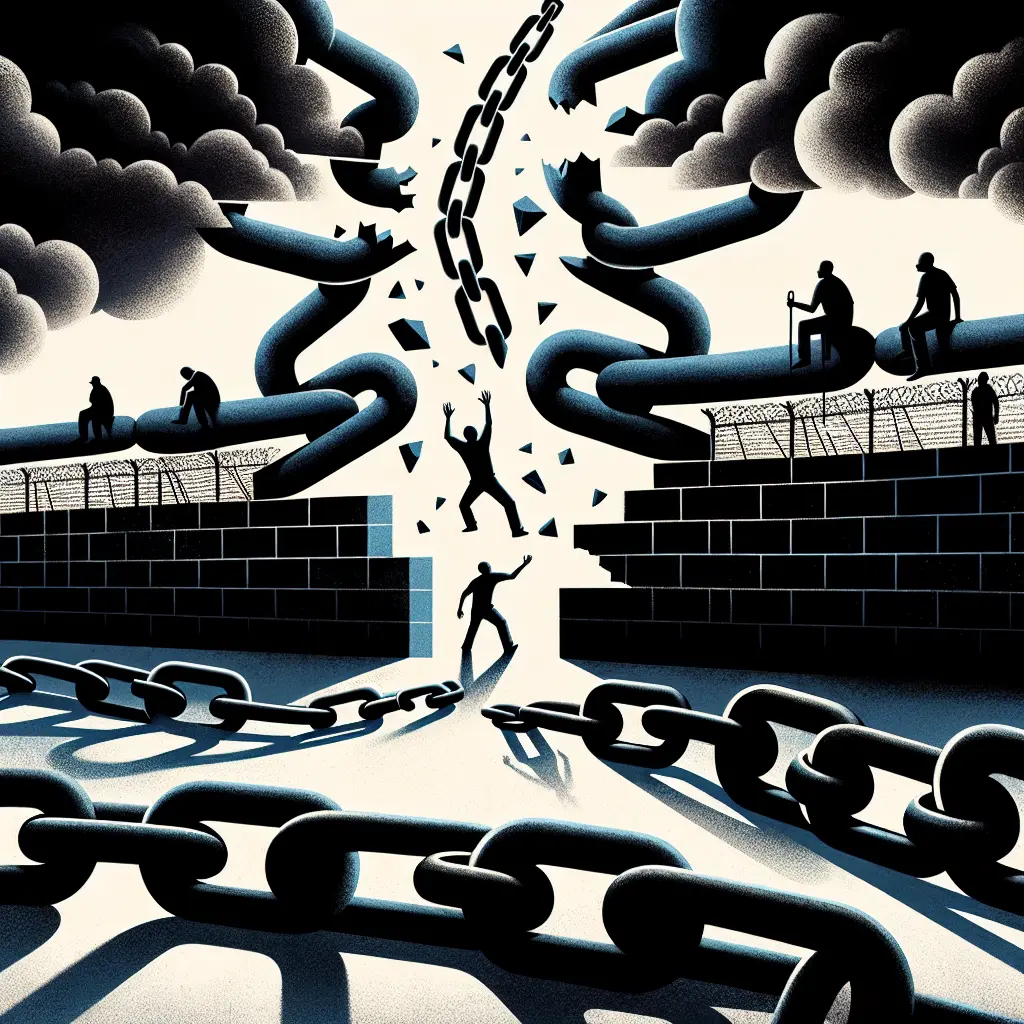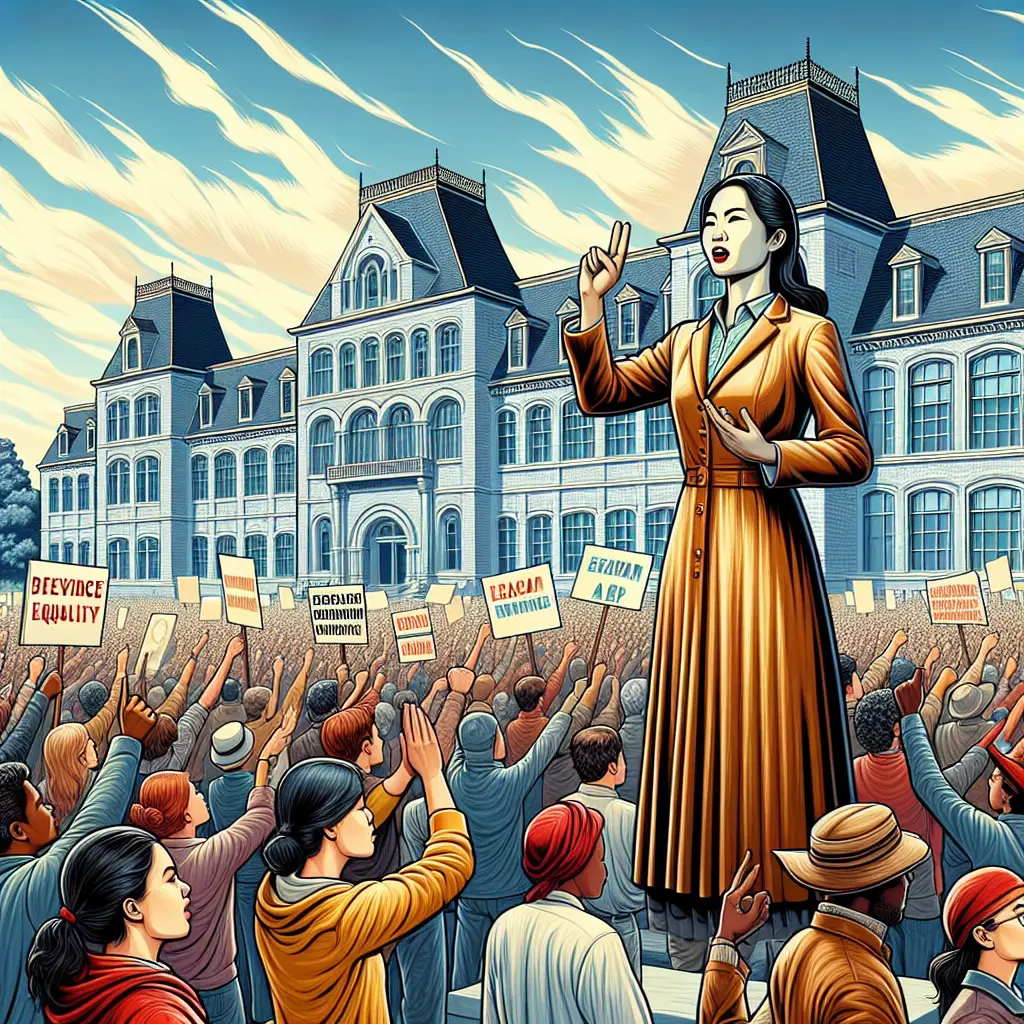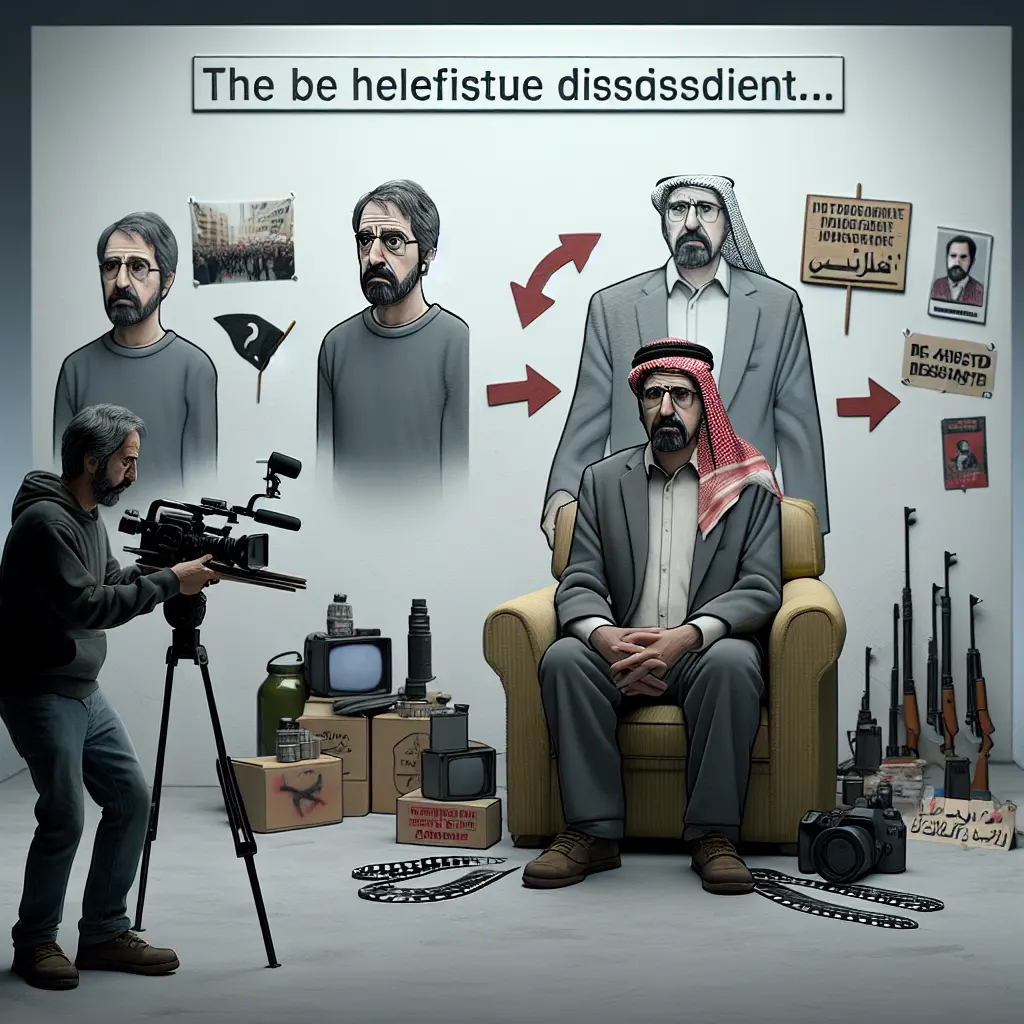In the evolving landscape of political documentaries, few films have captured the attention of audiences and critics alike as powerfully as Ava DuVernay's "13th." This compelling documentary analysis delves into the intricate web of systemic racism and mass incarceration in the United States, offering viewers a profound understanding of these pressing issues. "13th" has emerged as a pivotal piece in the realm of documentaries on racial injustice, unflinchingly exploring the history of mass incarceration through a political lens.
DuVernay's work stands out among documentaries that changed the world, particularly those focused on the US prison system. By examining the political impact of "13th," viewers are encouraged to question longstanding narratives and confront uncomfortable truths about racial inequality in film.
The role of Ava DuVernay's "13th" in highlighting systemic racism and mass incarceration is pivotal in contemporary discussions about racial injustice in America. This documentary has been instrumental in altering public perception, sparking policy debates, and influencing other filmmakers to address similar themes.
"13th" effectively unpacks systemic racism through the lens of the U.S. prison system, offering a detailed examination of how policies have perpetuated racial inequality. The documentary presents a historical overview, tracing back to the post-Civil War era, where the 13th Amendment—intended to abolish slavery—contained a loophole that allowed forced labor as punishment for crime.
Ava DuVernay's "13th" provides a comprehensive exploration of mass incarceration, revealing its disproportionate impact on Black and Brown communities. By integrating interviews with scholars, activists, and politicians, the documentary underscores how legislation like the War on Drugs and the three-strikes law contributed to the U.S.'s high incarceration rates.
The Political Impact of "13th": Shaping Policy and Public Opinion
The political impact of "13th" extends beyond film critique; it actively influences policy discussions. Following its release, several lawmakers cited the documentary in debates over sentencing reforms and the abolition of private prisons.
In 2023, the documentary was referenced during congressional hearings on criminal justice reform, illustrating its enduring influence on policy.
"13th" also highlights racial inequality within the film industry itself, prompting discussions about representation and narrative control.
What makes "13th" stand out among documentaries on racial injustice is its ability to engage audiences emotionally and intellectually. Through powerful storytelling and compelling visuals, it invites viewers to question their preconceived notions about race and justice.
Understanding Systemic Racism Through Film: Educational Initiatives
Educational institutions have increasingly incorporated "13th" into curricula, using it as a teaching tool to facilitate discussions about race, history, and politics.
By examining "13th," we recognize its profound impact not only on audiences but also on broader societal structures. As a cornerstone in criminal justice documentaries, it continues to inspire change by challenging narratives and advocating for equity and justice.
Ava DuVernay's "13th" has undeniably played a pivotal role in contemporary discussions surrounding systemic racism and mass incarceration, making it a cornerstone in the realm of social justice documentaries.
As we reflect on the lasting impact of "13th," let us consider how documentaries can serve as catalysts for change, urging both reflection and action.
Thank you for joining this important dialogue—your voice matters in driving change.









Leave a Comment